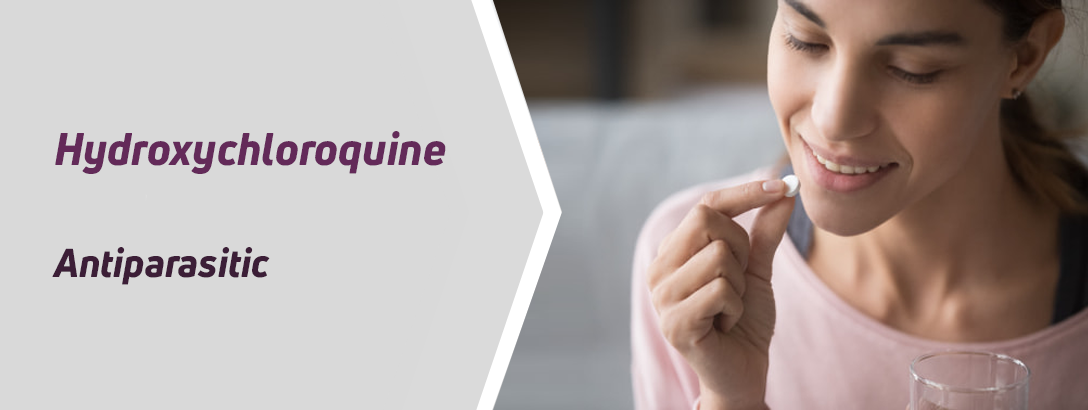In the realm of global health, the significance of effective antiparasitic treatments cannot be understated. One such noteworthy contender in this arena is Hydroxychloroquine. This article delves into the multifaceted role of Hydroxychloroquine in the treatment and prevention of malaria, a prevalent disease caused by parasites transmitted through mosquito bites.
Understanding Hydroxychloroquine and Its Antiparasitic Properties
Hydroxychloroquine is a pharmaceutical marvel that has garnered attention for its antiparasitic properties. Primarily employed in the treatment and prevention of malaria, it stands as a sentinel against a disease that affects millions annually. Malaria, transmitted through the bite of infected mosquitoes, is particularly rampant in regions including Africa, South America, and Southern Asia.
The Mechanism of Action
At its core, Hydroxychloroquine operates by disrupting the parasites’ lifecycle within the human body. By targeting their ability to thrive and reproduce, it effectively curbs the progression of the disease. This mechanism not only alleviates the symptoms of existing cases but also serves as a preventive measure for individuals residing in or traveling to malaria-endemic areas.
Hydroxychloroquine’s Impact on Global Health
The utilization of Hydroxychloroquine in the fight against malaria has significantly contributed to the reduction of disease burden in afflicted regions. Its efficacy, coupled with its relatively manageable side effect profile, has made it a stalwart companion in the medical arsenal against parasitic infections.
Navigating the Controversies
While Hydroxychloroquine’s antiparasitic capabilities are widely acknowledged, it’s essential to address the controversies surrounding its application. The global medical community has engaged in debates regarding its efficacy in treating conditions beyond malaria. Rigorous research is ongoing to determine its potential in combating various diseases.
In the grand tapestry of antiparasitic treatments, Hydroxychloroquine shines as a beacon of hope. Its pivotal role in treating and preventing malaria has been instrumental in reducing the disease’s impact on regions burdened by its prevalence. As ongoing research uncovers its potential against other conditions, Hydroxychloroquine’s significance might transcend even its current vital status.

Leave a Reply